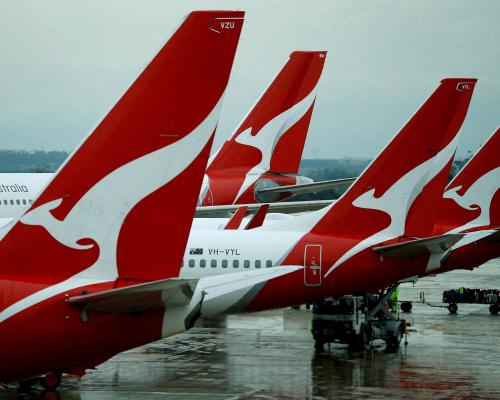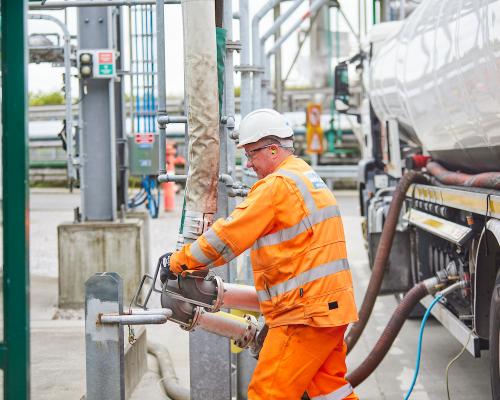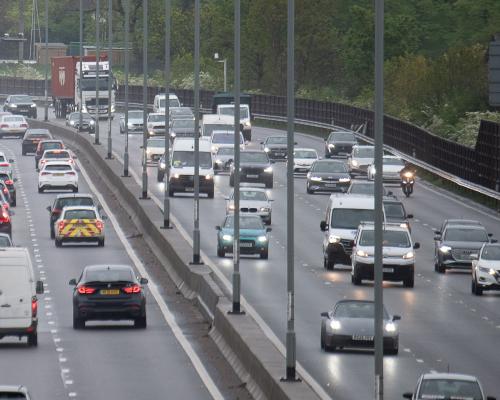
Qantas has cancelled flights at double the rate of Virgin, its main competitor, which had the lowest monthly cancellation rates of any major domestic airline over the past year.
Air fares across major Australian airlines have also surged relative to the price of jet fuel in 2025, new analysis from the competition watchdog shows.
Virgin Australia cancelled just 1.6% of its flights on average over the year to June, while the Qantas group cancelled 3.2%, or almost one in every 30, of its scheduled flights.
Cancellation rates typically average 2.2%, according to an Australian Competition and Consumer Commission report released on Tuesday. Jetstar beat both airlines in the month of June, cancelling just 1.1% of flights.
Sign up: AU Breaking News email
The Canberra-Sydney flight route has seen above-average cancellations, hitting 12% in June, or nearly 15% for the Qantas group and half that for Virgin-leased Link services.
“The airlines have cited poor weather, including strong winds in Sydney and fog in Canberra,” the ACCC report read.
In a statement to Guardian Australia, Qantas said: “We have had the most on time flights of the major domestic airlines for the past year, but our cancellation rate has been higher than it should be”.
“We have a number of initiatives in place to improve our operational performance.”
Cancellations across the industry have declined since 2023, as have late arrivals, which fell to a three-year low of less than 18%.
Just 15.2% of Virgin flights were late in May, the lowest proportion for any major airline since monitoring began in 2022, though that picked up to 20.4% in June, just higher than Qantas’s 19.6%.
While airline performance has improved, prices for customers have risen, the ACCC found. Average air fares were much higher in April 2025 than the same month in 2024, even after adjusting for inflation, as back-to-back public holidays saw demand surge.
Airlines also raked in more revenue per passenger in June 2025 than they did in June 2024, despite downward pressure on operating costs from falling jet fuel prices, the ACCC said.
At the same time, airlines were flying 172,000 fewer seats across Australia in June than they had been in 2019, even though customer demand has returned to pre-pandemic levels.
“This has likely resulted in people paying more to fly than they would have otherwise,” the watchdog’s report read.
Customers may have tried to manage rising costs by using airline loyalty points but the ACCC warned the frequent flyer programs may not deliver value and could push consumers to spend more than they otherwise would.
“Consumers need to weigh the potential benefits of frequent flyer points which may lose value, expire, or be difficult to redeem against the upfront cost of the flight,” the ACCC’s report read.
Frequent flyer programs represented nearly a quarter of both Qantas’s and Virgin’s underlying earnings in 2023-24, respectively $511m and $115m. Qantas in August devalued points for its frequent flyers.
Last year the federal court told Qantas to pay a $100m penalty for selling thousands of tickets for flights it had already decided to cancel. In some cases, air fares were offered for up to 62 days after Qantas had decided to cancel a flight, the airline conceded.







